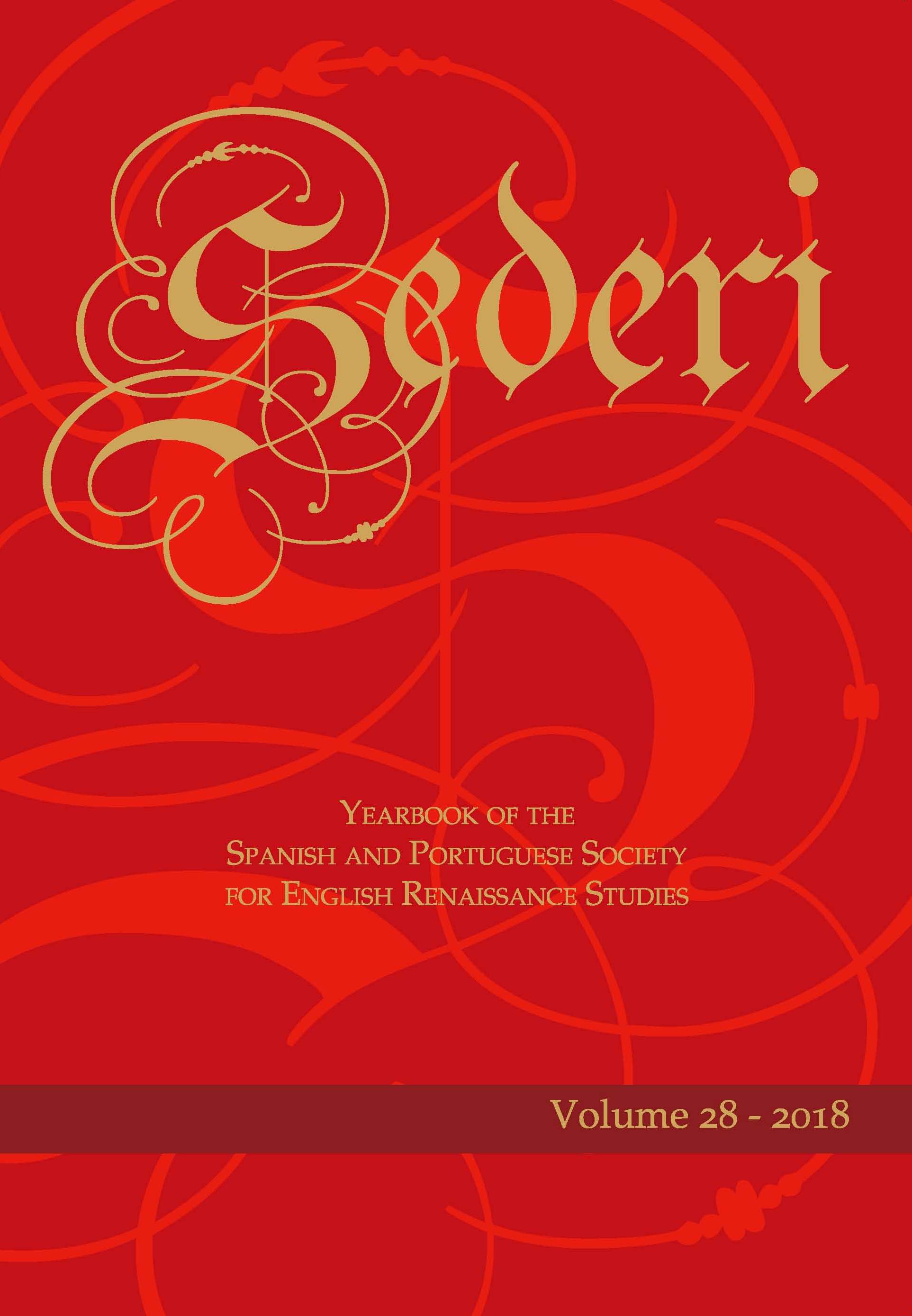The house, the city, and the colony in the works of Aphra Behn: Gendered spaces and the freedoms and dangers they afford
Abstract
In Behn’s works the house affords no security for women, as men may force their way in, or relatives collude in the sexual violation of women. However, men, too, are threatened and cuckolded in their own houses. Not even convents are safe spaces for either sex. Outdoor spaces promise freedom from supervision but harbor threats to both women’s and men’s honor. The Whig inhabitants of the City of London are ridiculed, but female characters dabbling in politics are no more likeable, though Behn sympathizes with women claiming a right to public visibility. The racialized colonial space offers upward social mobility to Englishmen and –women, and to the latter also the freedom to partake in pastimes and occupations traditionally connoted as male.Downloads
Downloads
Published
Issue
Section
License
The copyright holder of the published contributions is SEDERI.The hardcopy and an open-access version of the journal will be published simultaneously. The issues will be available online in the SEDERI website (http://www.sederi.org/yearbook/) and other repositories that have signed an agreement with SEDERI.
The authors who publish with this journal agree to the following terms:
a) SEDERI retains copyright of the essay.
b) If the author wishes to republish or rewrite the essay for another journal, or include the essay published in SEDERI in their personal repositories, or in any other way, they should contact the editors to obtain permission to do so. This will entail citing SEDERI as the original source and sending the editors a copy of the new version, or the link to the website, in case of online publishing.
The author(s) hereby warrant(s) that:
a) The essay submitted for publication is an original creation and does not infringe any copyright or property right of another journal, author or publisher.
b) The essay submitted for publication has not been previously published, whole or in part, and is not being considered for publication elsewhere.
c) Written permission has been obtained for any material from other sources included in the essay submitted for publication.




